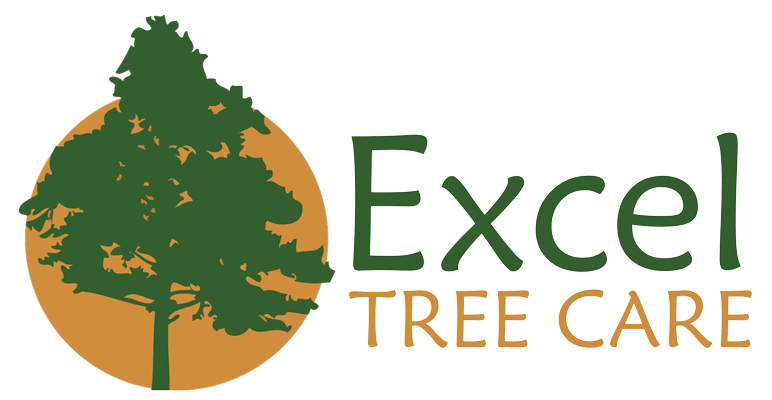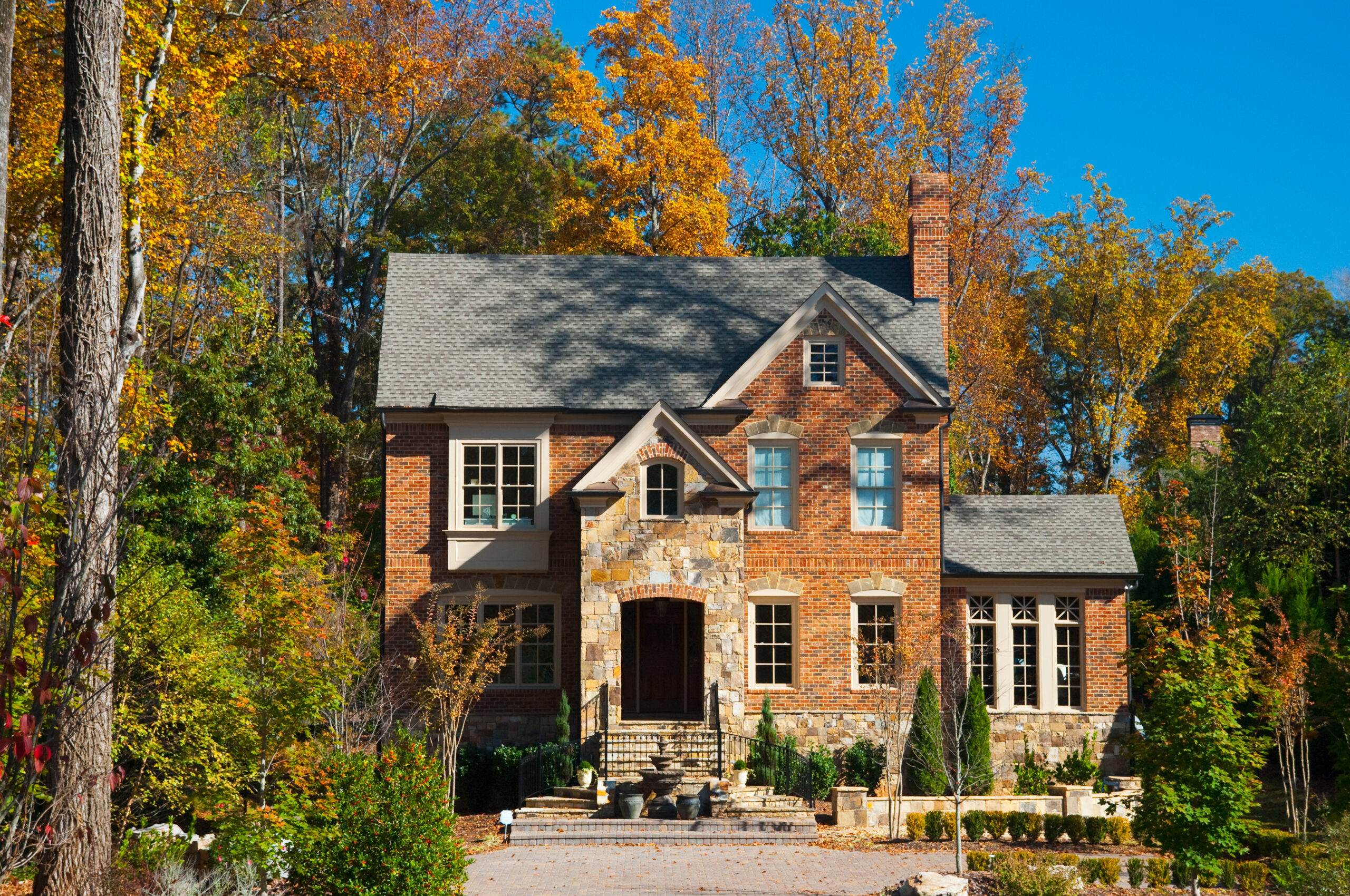Choosing the right tree for your property can be exciting. However, you might be wondering which tree is right for your yard. In Atlanta, where the climate and soil conditions offer a unique environment, picking the perfect tree is both an art and a science. This guide will walk you through the steps of choosing your perfect tree and provide tips to ensure your new tree will thrive and enhance your home’s landscape.
Why Choosing the Right Tree Matters
Selecting the right tree for your property is more than just based on looks. The right tree can increase property value, provide shade and improve air quality. On the other hand, the wrong choice can lead to maintenance headaches, potential damage to your home and wasted resources.
Understanding Atlanta’s Climate and Soil
-
Climate Considerations
Atlanta experiences a humid subtropical climate, characterized by hot, humid summers and mild winters. This means that your tree must withstand both high heat and occasional cold snaps.
-
Soil Types in Atlanta
The predominant soil type in Atlanta is clay, which has good nutrient-holding properties but can be challenging for drainage. Understanding your specific soil type will help you choose a tree that can thrive in these conditions.
Native vs. Non-Native Trees
-
Benefits of Native Trees
Native trees are well-suited to Atlanta’s climate and soil, requiring less maintenance and providing habitat for local wildlife. They are naturally resistant to local pests and diseases, making them a more sustainable choice.
-
Popular Native Options
Some excellent native trees include:
- Southern Magnolia, Eastern Redbud and the American Holly. These trees are not only beautiful but also adapt well to Atlanta’s environment.
-
Considering Non-Native Trees
Non-native trees can add character and beauty to your landscape but may require more care and attention. If you choose non-native species, make sure they are well-suited to Atlanta’s climate.
Purpose and Placement
-
Shade and Energy Efficiency
Trees that provide ample shade can significantly reduce your cooling costs in the summer. Consider planting deciduous trees on the south and west sides of your home for optimal shading.
-
Privacy and Windbreaks
Evergreen trees like the Leyland Cypress can serve as excellent privacy screens and windbreaks. They maintain their foliage year-round, offering consistent coverage.
-
Aesthetic and Seasonal Interest
Trees with vibrant fall colors or spring blossoms can provide seasonal interest and enhance your property’s curb appeal. The Dogwood and Japanese Maple are great choices for seasonal beauty.
Tree Size and Growth Rate
-
Assessing Available Space
Before selecting a tree, measure the available space in your yard. Consider the tree’s mature size to ensure it won’t outgrow its location and cause issues with nearby structures.
-
Fast-Growing vs. Slow-Growing Trees
Fast-growing trees provide quick results but may require more maintenance. Slow-growing trees generally live longer and are sturdier. Decide what balance works best for your needs.
Maintenance and Care Requirements
-
Watering Needs
Different trees have varying water requirements. Native trees often need less watering once established, while some non-native species may require more frequent irrigation.
-
Pruning and Disease Management
Regular pruning helps maintain tree health and aesthetics. Make sure to choose trees that are resistant to common diseases in the Atlanta area to reduce long-term care needs.
-
Soil and Mulching
Proper mulching can help retain moisture and protect tree roots. Understanding your soil’s pH and nutrient levels will also guide your fertilization practices.
Environmental Impact and Wildlife
-
Supporting Local Wildlife
Trees like the Oak and the Tulip Poplar provide habitat and food for local birds, insects and mammals. Planting these trees can help support biodiversity in your area.
-
Avoiding Invasive Species
Be cautious of planting invasive species that can outcompete native flora and disrupt local ecosystems. Research and consult with local experts to make informed choices.
Common Mistakes to Avoid
-
Overlooking Mature Size
One of the most common mistakes is not considering the tree’s mature size, leading to overcrowding and potential property damage.
-
Ignoring Soil and Sunlight Requirements
Each tree species has specific soil and sunlight needs. Make sure to match the tree’s requirements with your property’s conditions to ensure healthy growth.
Reach Out to the Professionals
When you trust Excel Tree Care with your tree care needs, you’re investing in the beauty and well-being of your property. Let us help you choose the perfect tree for your yard while also contributing to a healthier environment.
For tree care services (including 24-7 emergency assistance) in the North Atlanta Metro area, give us a call at (404) 964-6508 or get a free quote today. We’re here to help you make the best choice for your home and ensure your new tree becomes a cherished part of your property for years to come. Happy planting!

